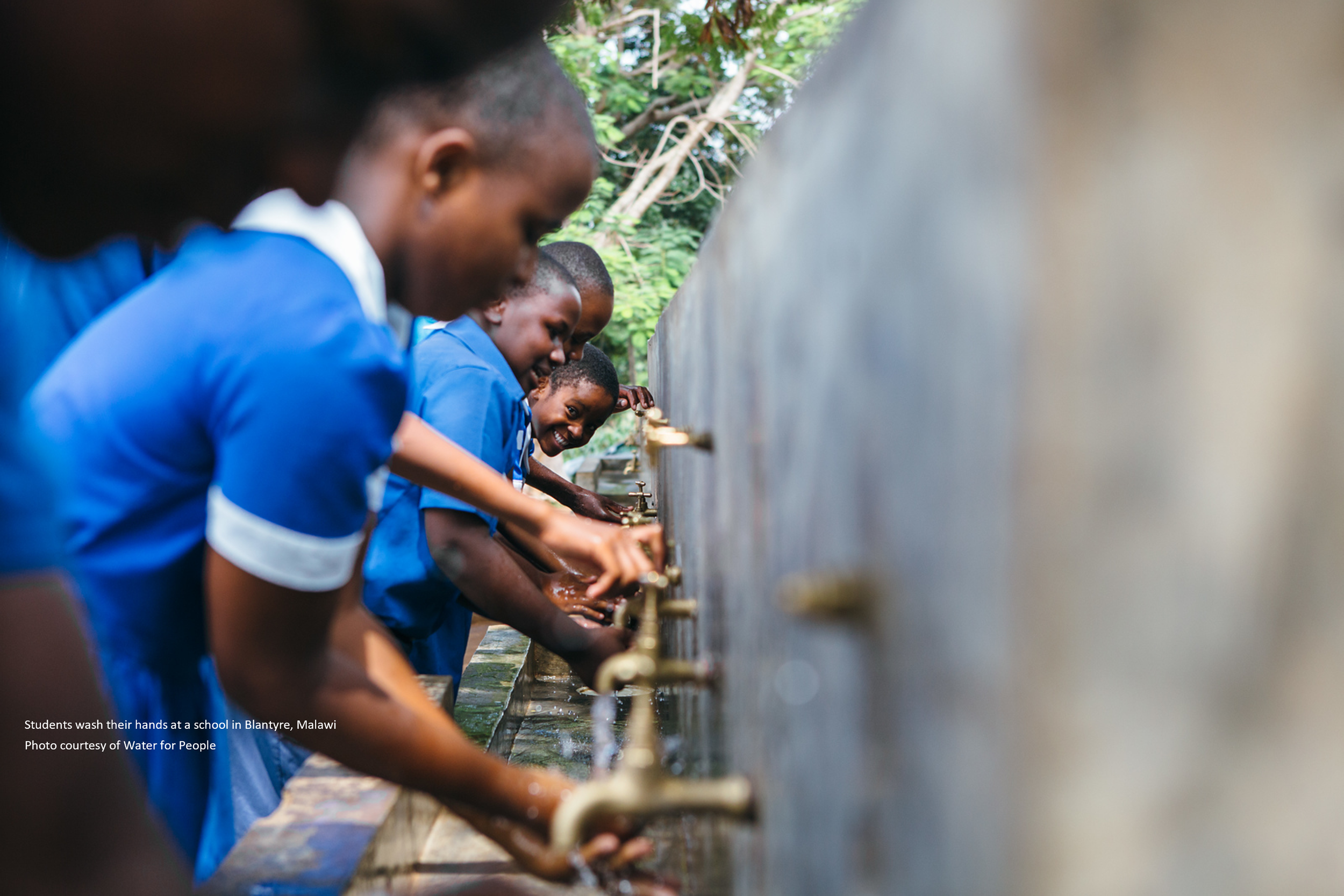
The foundation strives to create an equitable, peaceful world in which everyone can thrive. We work in various countries in sub-Saharan Africa, Latin America, and the Middle East, as well as in the United States, with a concentration in Baltimore. We focus on water, sanitation, and hygiene; cleaner cooking; ecumenical and interfaith community building; and social justice.
We approach our work mindful of the people and communities impacted by our work and the systems that need to be addressed to create meaningful, lasting change. We actively listen to our partners, who are sometimes in the early stages of their endeavors, and we provide them with the funding they need to pilot innovations and prove solutions. We recognize that our grantees deeply understand the issues in ways that we cannot, and we are willing to try new—and sometimes experimental—approaches and to fill needs that drive the change they seek.
Osprey’s 2025-2030 WASH Strategy
We support water, sanitation, and hygiene (WASH) initiatives that contribute to the delivery of safe, affordable, dignified, sustainable, and scalable services in underserved communities. We emphasize sustainable services, instead of initial access to wells or toilets, because that’s what communities need: reliable services for everyone that keep running forever.
Please click on the link below to access our WASH strategy, including our program areas, funding approach, and a diagram showing how it all fits together.

